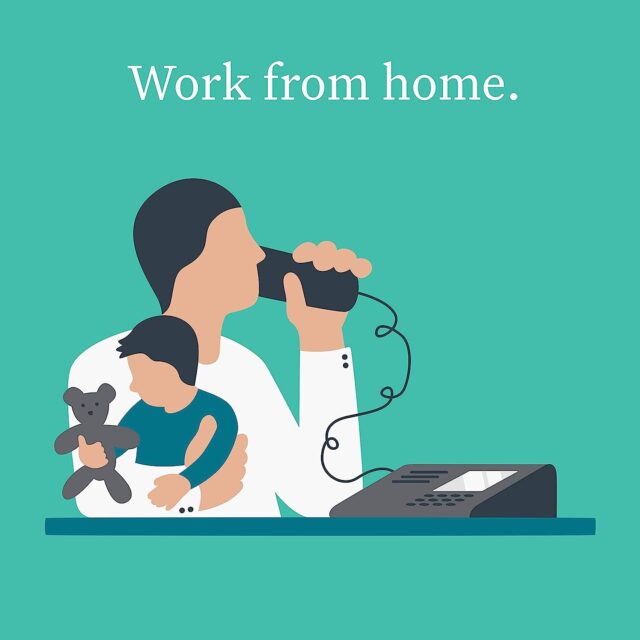Now loading...
Do you work smart or hard? Here we are sharing a success story of few of the smarter group who have worked in the limited resources and still find their opportunities to make big differences. Rubbermaid thought they needed more products to be the leader in their industry. So, they set out to invent a new product every day for several years, while also entering a new product category every 12-18 months. Fortune magazine wrote that Rubbermaid was more innovative when they tried to work smart than 3M, Intel and Apple; now, that is impressive.
Click here to read, 7 Ways To Make Your Business Earn Money While You Sleep
Then Rubbermaid started choking on over 1,000 new products in less than 36 months. Innovation became more important than controlling costs, filling orders on time or customer service. They ended up closing nine plants and laid off over 1,100 employees before Newell Corporation came in to buy (rescue) the company.

I had a mentor who once told me, “Rob, I don’t care how hard you work. I care how smart you work.” Rubbermaid was working hard, putting in time, money and effort while at the same time destroying their own company. How did that work out for them?
Eli Lilly thought they needed to hire 2,000 PhD researchers to create more products to keep Wall Street happy with their growth. The only problem was they didn’t have the funds to hire them. So, they had to come up with another way to solve this problem – in other words, they had to work smarter.
They decided to take all their molecular problems, post them on the Internet and tell all molecular PhD researchers that they would PAY for solutions. Instead of having to pay the salaries and benefits for 2,000 new researchers with money they didn’t have, they had thousands upon thousands of researchers all over the world sending in their suggestions for solutions to their molecular problems, and they only had to pay for the ones they used. Now, that is work SMART!
Do you see work SMART opportunities in these statistics?
- About 66% of employees would take a lower paying job for more work flexibility.
- About 62% of employees believe they could fulfill their duties remotely.
- About 60% of employees believe they don’t need to be in the office to be productive and efficient.
Could you lower overhead and expenses by having some people operate from home? Some managers will immediately say, “That won’t work; you won’t have control of your employees. They won’t get things done.” If that is your argument, my statement to you is this: you have hired the wrong people.
JetBlue has hundreds of reservation agents operating from their own homes. Their home-based agents save, on average, up to $4,000 on their commuting expenses, not counting the savings of lunch, day care and wardrobe. JetBlue found they had a 25% increase in productivity once employees were allowed to work from home; they figured out a different, more productive, less expensive, more profitable … SMARTER way to operate.
Work smarter not harder: To survive in this competitive marketplace, you must change, adapt, modify, challenge, innovate, transform, revise and improve, but what’s paramount to your success is to be working SMART!
Now loading...



